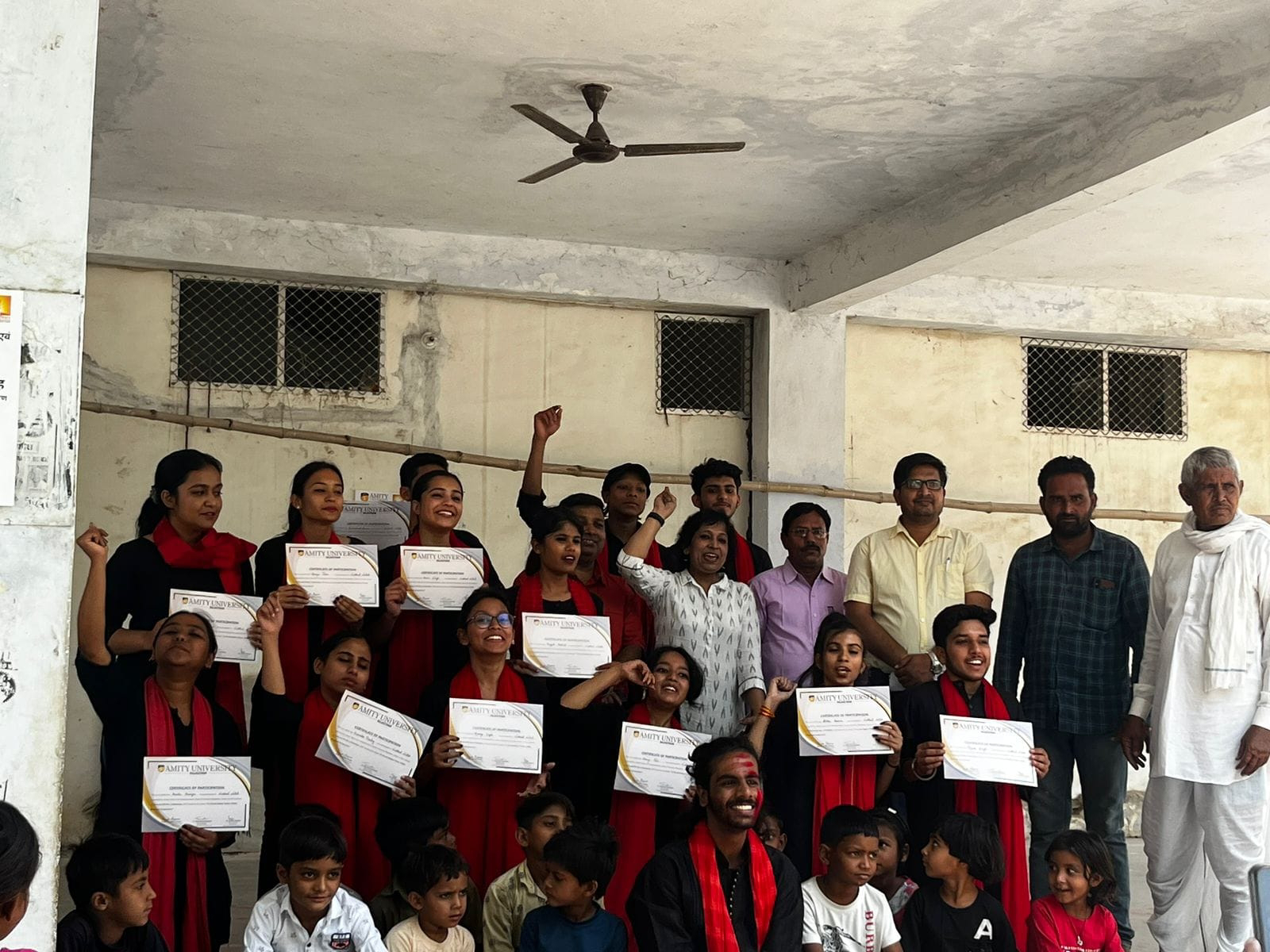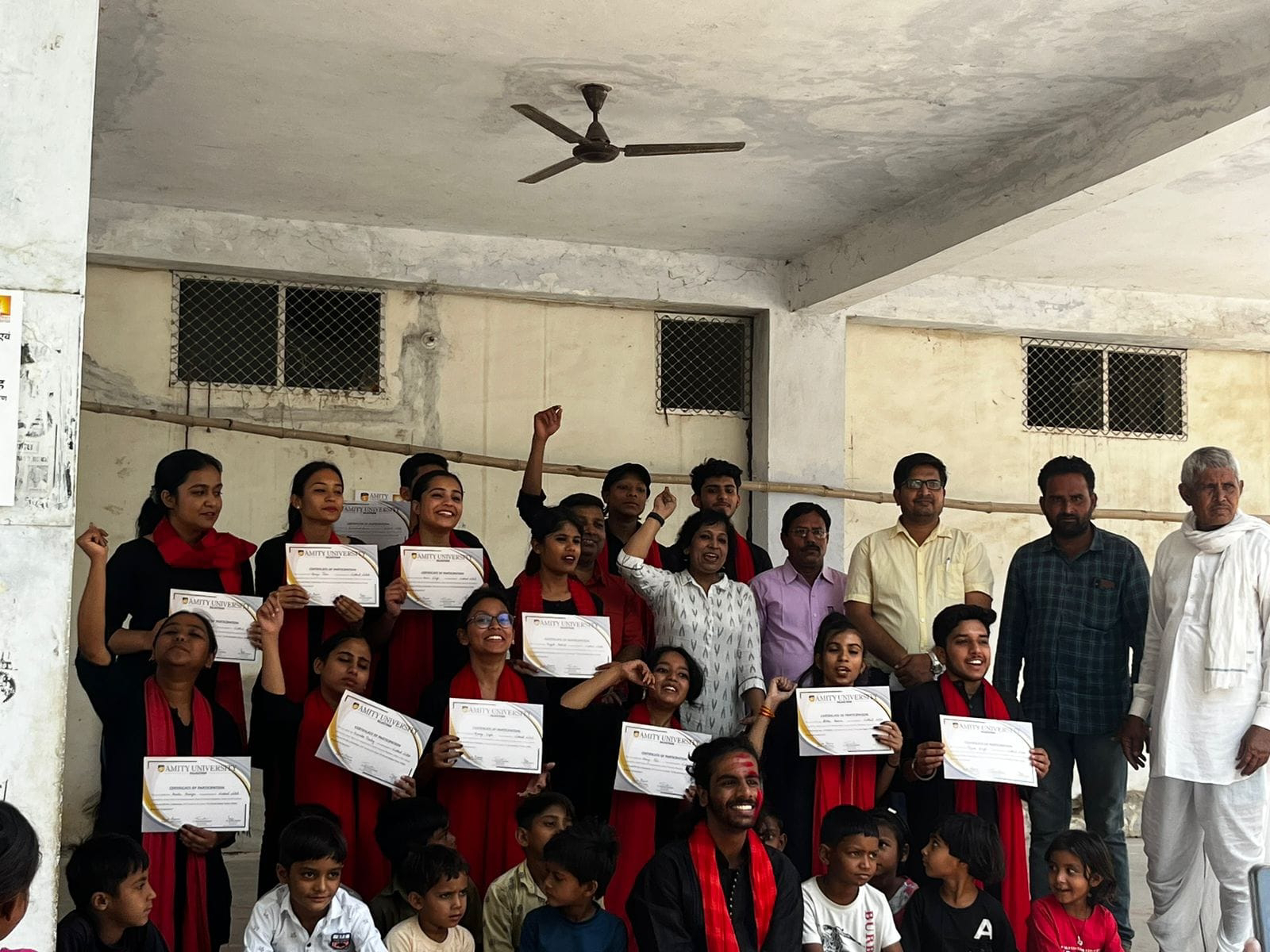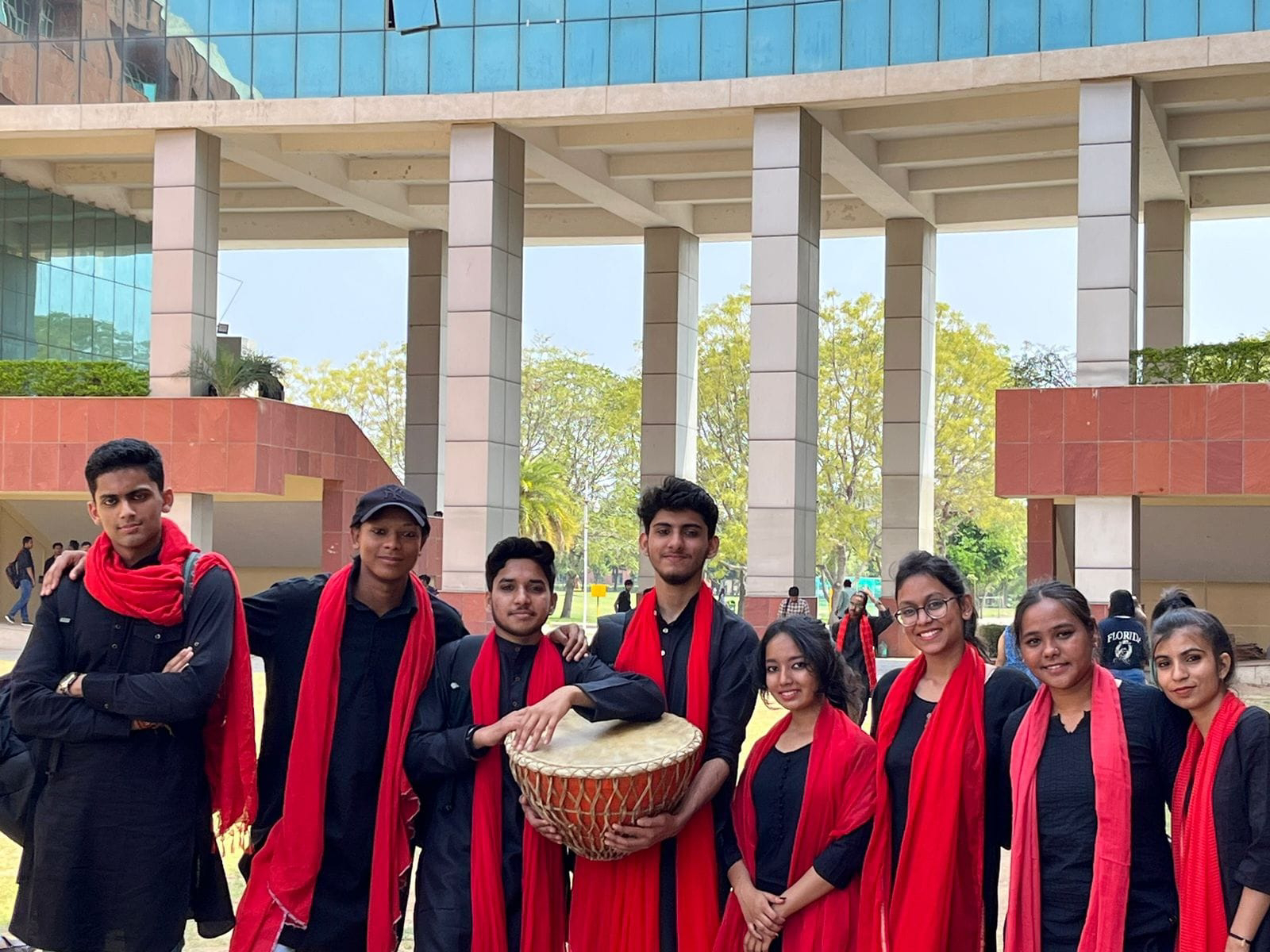Yatharth Dhawal

Nukkad Natak : The Chipko Movement In the annals of environmental activism, many movements have left as unforgettable a mark as the Chipko Movement. Born out of the hills of Uttarakhand, India, in the early 1970s, the Chipko Movement has surfaced as a symbol of grassroots environmentalism and community rallying. This iconic movement, with its remarkable emphasis on tree conservation and sustainable living, serves as a lamp of stopgap and alleviation for environmentalists worldwide. This composition explores the significance of the Chipko Movement and its enduring heritage in fostering a deeper understanding of the terrain. All this was explained to people of small villages through nukkad natak, which is a very effective medium to spread awareness related to social issues. Children of the village who are the future of the country were present in abundance. It was also public relations day celebration. It was celebrated well as nukkad natak was done in public. Environme...





